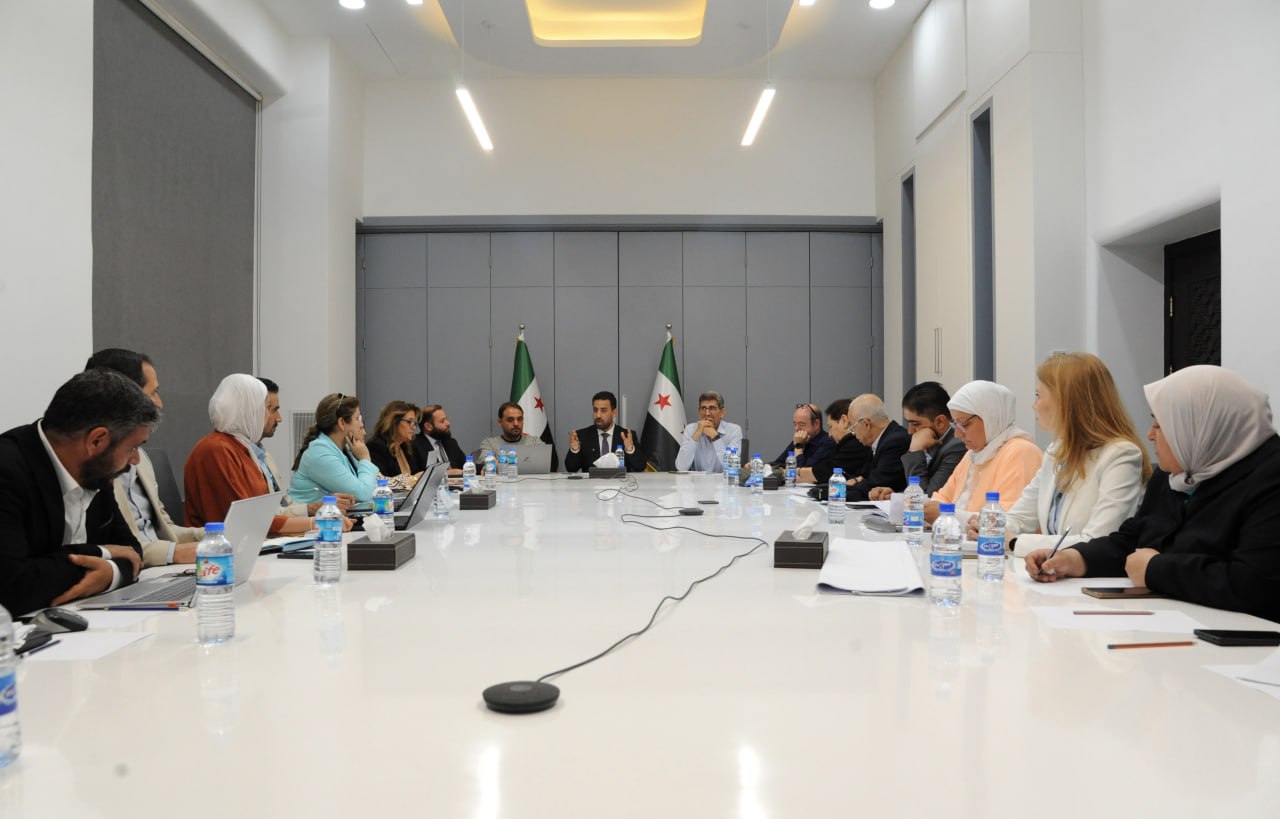Syrian Health Minister Discusses 'Helma' Study on Analyzing Health Labor Market in Syria with WHO

The meeting included a workshop to introduce the study and its objectives, review the conceptual framework of the health labor market, analyze the data sets, as well as highlight the main opportunities and challenges related to planning the health labor market.
Minister Yazigi emphasized the importance of the 'Helma' study in improving the reality of the health workforce, stressing the need to access accurate data on the numbers of doctors and health workers, and to determine their distribution between rural and urban areas.
Yazigi pointed out a discrepancy in the distribution of personnel, calling for using the study results to achieve fair and balanced distribution according to international standards, and establishing an accurate and up-to-date database that reflects the real situation and contributes to setting clear health priorities at the national level.
In turn, Dr. Rasha Mohammed, Director of the Center for Strategic Health Studies and Training, explained that the meeting with the directorates aims to develop a national methodology for analyzing the health labor market in Syria, noting that many health certificate holders do not work within their specialization, necessitating a study of the underlying reasons.
She confirmed that the study was based on previous experiences of some countries, and a unified database was created covering workers in both the public and private sectors, with the aim of obtaining an accurate picture of the health workforce.
It is worth mentioning that the 'Helma' study constitutes an important tool to support health planning in Syria by providing accurate data on the health labor market, contributing to improving the distribution of personnel and enhancing the efficiency of health services in the coming period.